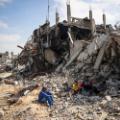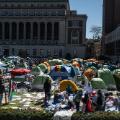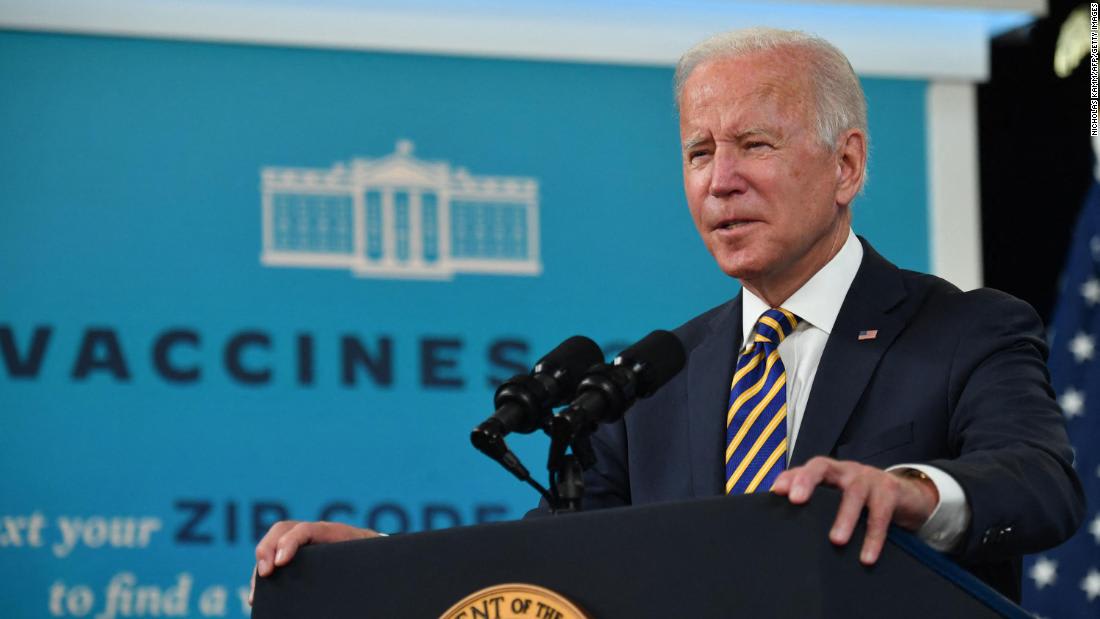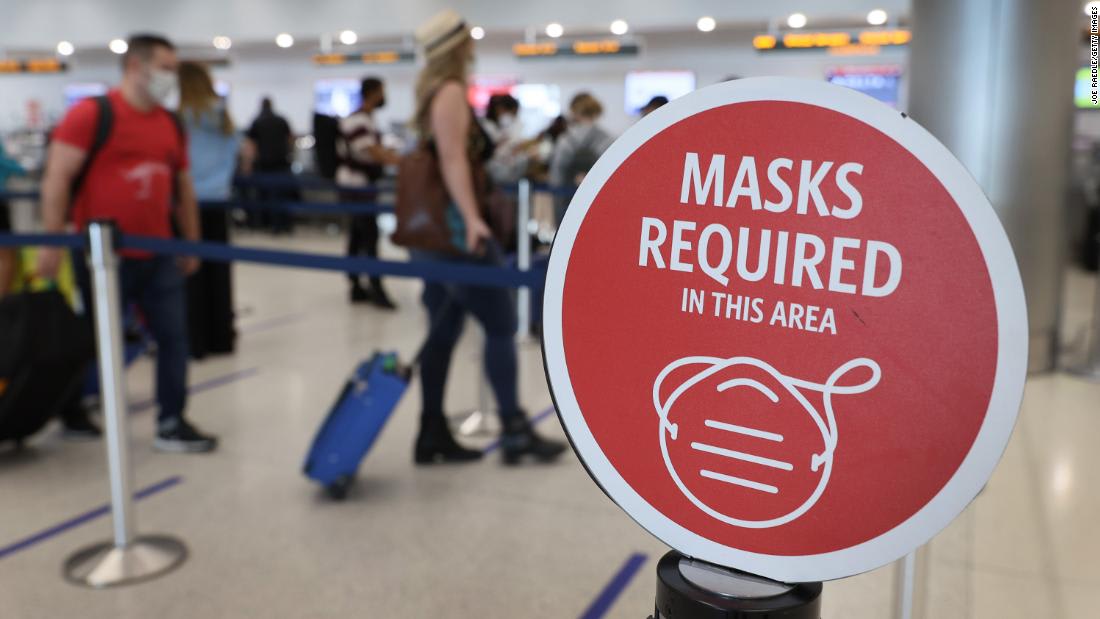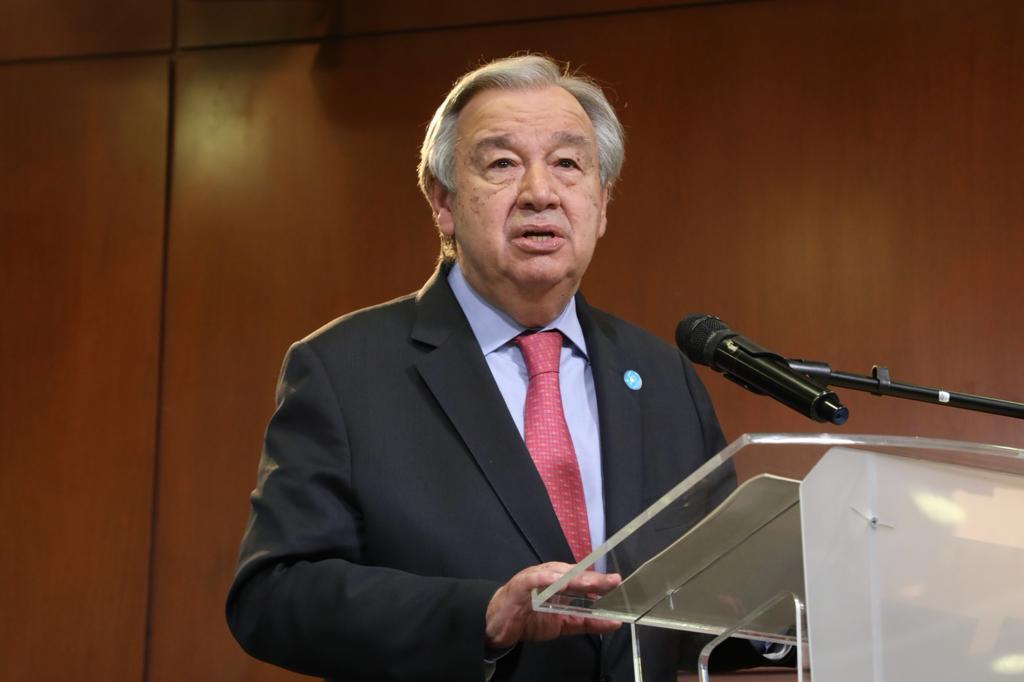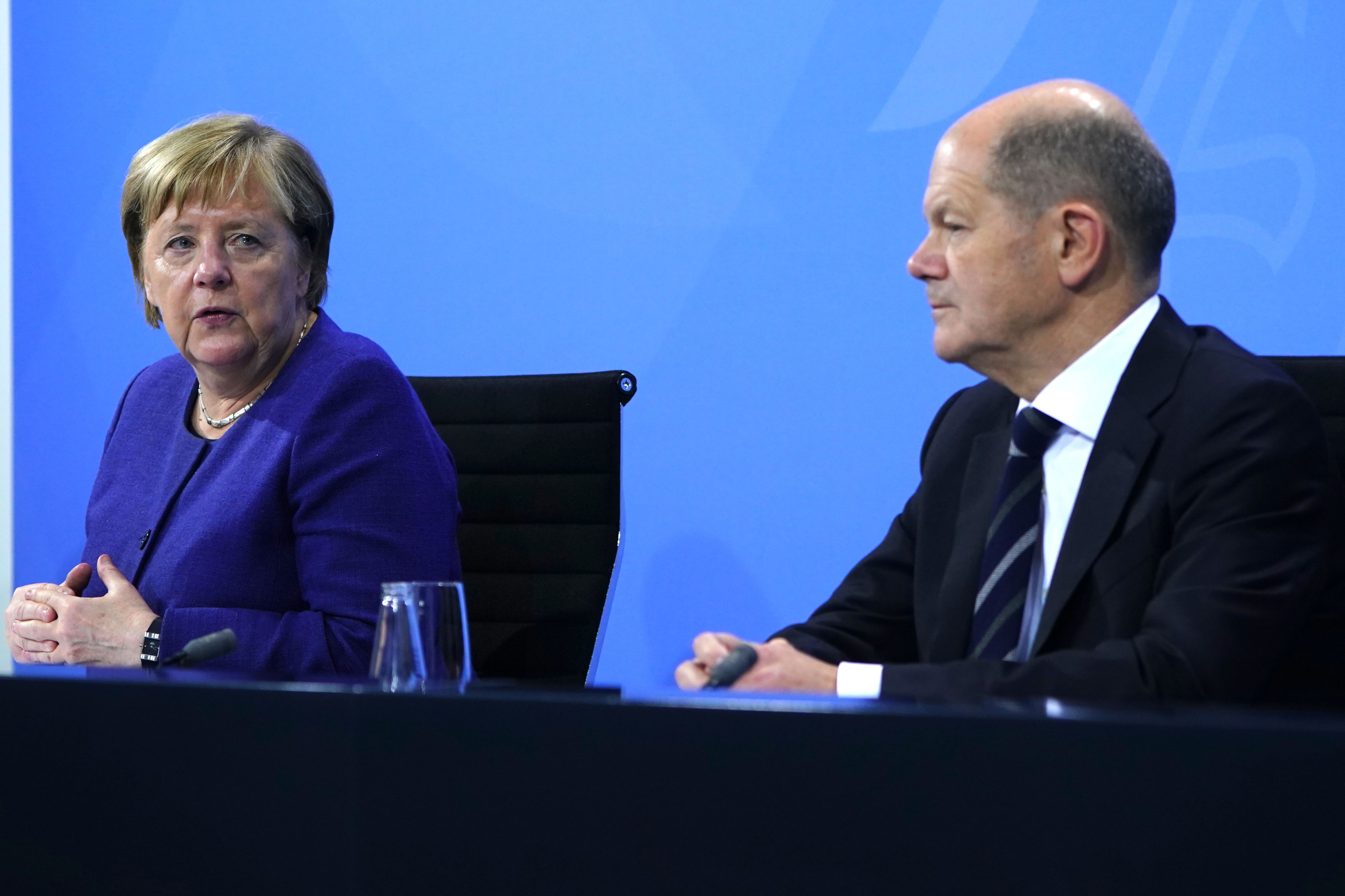
German citizens could potentially face tougher coronavirus restrictions as the country struggles to contain a fierce fourth wave of the pandemic.
Outgoing Chancellor Angela Merkel and her likely successor, Olaf Scholz, are holding crisis talks with regional leaders on Thursday to map out a way forward, a Tuesday statement from the Chancellor’s office said.
Tougher restrictions are likely to be agreed — many of which are set to target unvaccinated people. The goal is to bring down infection rates and ease the pressure on rapidly filling intensive care beds.
Among the range of measures being considered are the closures of bars and clubs, and limiting large events. Some hard-hit regions in Germany have already canceled Christmas markets and barred unvaccinated people from public spaces like restaurants, gyms and leisure facilities.
Germany's leaders are also set to discuss mandatory vaccinations. Earlier this week, Scholz signaled his backing for mandatory Covid-19 shots. The introduction of mandatory vaccines would have to be approved by Parliament.
Intensive care warning: On Wednesday, Germany recorded 446 Covid-19 related fatalities — its highest number of daily deaths in nine months. Many hospitals are struggling to cope with the increasing number of intensive care patients and German medics have warned that occupancy of intensive care beds could soon exceed that seen during last winter's peak.
The German Interdisciplinary Association for Intensive Care and Emergency (Divi) in a statement on Wednesday warned there could be about 6,000 Covid-19 patients in intensive care by Christmas —regardless of any measures implemented by Germany's leaders.
Germany reported 73,209 new cases within the past 24 hours, according to the Robert Koch Institute (RKI), the country's disease control center.
More than 102,000 people have died as a result of coronavirus in Germany, the RKI said. The country reported 388 new deaths related to Covid-19 from Wednesday to Thursday.
Just under 70% of Germany's population is fully vaccinated, according to the RKI.


